Searchable database: How every SA school performed in NAPLAN
How does your child’s school perform in NAPLAN tests? Explore our searchable database for every SA school’s results for Years 3, 5, 7 and 9 – and see which schools come top of the class.
Eastern suburbs government schools as well as prestigious private schools have recorded the highest average results in South Australia in national literacy and numeracy tests.
However, some small regional schools also delivered exceptionally high average results.
South Australia’s biggest primary government primary school, Linden Park, and biggest public high school, Glenunga International, recorded the highest average in the state for years 5 and 9 respectively.
St Barbara’s Parish School in Roxby Downs, which has fewer than 150 students in Reception to Year 9, recorded the highest average result in the state for Year 7 students.
Kimba, which has fewer than 200 students in reception through to Year 12, recorded particularly high results in Year 9.
Private schools such as St Peter’s boys and girls schools, Seymour, Pembroke, Wilderness and Walford also consistently recorded high results, with St Peter’s Collegiate Girls School having the highest Year 3 average.
The National Assessment Program Literacy and Numeracy, more commonly known as NAPLAN, involves testing students in years 3, 5, 7 and 9 in reading, writing, spelling, grammar and numeracy.
The data in the searchable table below represents the average of those five tests – the higher the number, the higher the student achievement level.
The 2019 results come as the Education Department moves toward more continuous assessment of student progress and improved communication with parents.
Education Department chief executive Rick Persse said NAPLAN should be a “low stakes” event with results provided quickly to parents and teachers as a guide to improve a student’s learning.
A new statewide management system for schools will include capacity for improved parental communication through online portals.
“The more transparency between the student, the parent and the school the better,” he said.
The system, built by Frog Education and Civica, will track individual student learning.
“Parents and caregivers will have access to a dedicated and secure parent portal that they can log on to at any time and from any device to see information relevant to their child,” department chief information officer Scott Bayliss said.
Education Minister John Gardner said the 2019 NAPLAN results showed SA was seeing improvement.
“We are heading in the right direction, but there is still work to be done,” he said.
Signs of progress included SA recording its highest mean scores in Years 3 and 5 numeracy since NAPLAN testing began more than a decade ago.
There was positive growth in writing in all year levels and numeracy in Years 3, 5 and 7.
Just under half, 46 per cent, of Year 3 students were in the higher bands of reading, the highest since NAPLAN testing began.
However, SA lagged behind national averages in almost all categories.
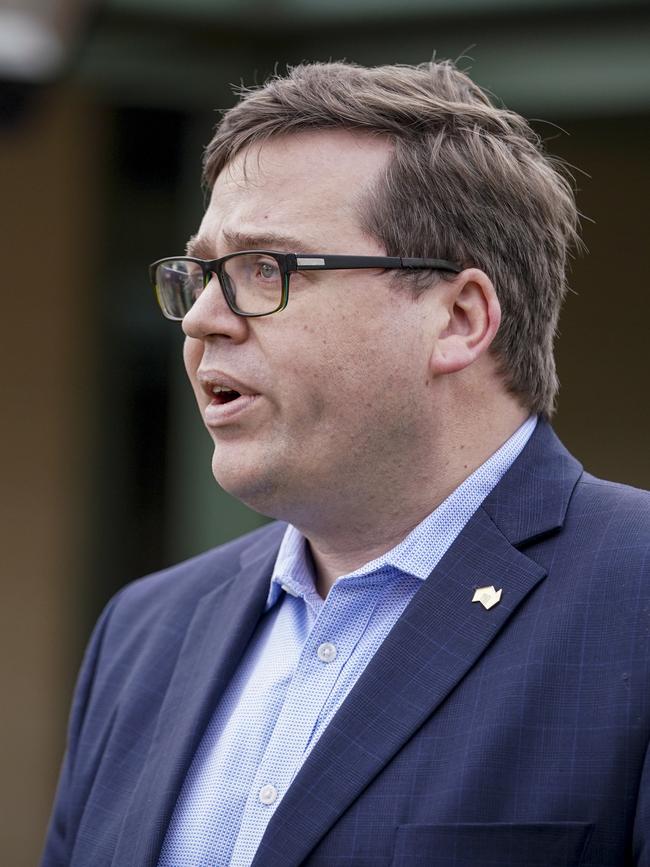
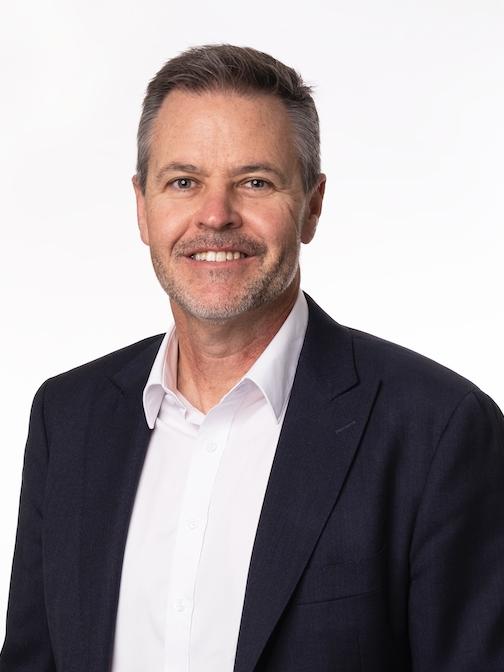
Mr Persse said SA was the fastest-improving state in NAPLAN results but it was more important to keep sight of the overall objective of improving educational outcomes, not just NAPLAN scores.
“You could just get a copy of NAPLAN tests and teach that – but that’s not growth, that’s not learning,” he said.
“All you’d get is a sugar hit. We want to sustain growth over 10 years and for SA to have a world-class education system.”
Parents should look for growth not just final scores.
“A student might start with good results in their Year 3 NAPLAN and then continue to get good results,” he said.
“What we want to know is if you started at ‘good’ how are you going to get to ‘great’, and if you started at ‘poor’ how are we going to move you up that scale?
“The best schools should be able to get you that growth.”
Opposition education spokeswoman Susan Close called on the government to put pressure on the Federal Government for more resources.
“This government signed an agreement with Canberra that ended the promise of Gonski: that school funding would meet the needs of students,” she said.
“If they want to lift our performance they need to recognise that funding for specialist teachers and support for struggling students to catch up is not negotiable.”
WHAT’S NEXT FOR NAPLAN
A gap in NAPLAN data will emerge with the tests cancelled this year because of coronavirus restrictions.
The cancellation was ordered by the Education Council which brings together the nation’s ministers.
A call for NAPLAN to be sat later in the year for continuity was made by former senior education bureaucrat Fiona Mueller.
However, no approach has been made in South Australia for a 2020 NAPLAN although some schools are holding unofficial tests.
“Given the challenges posed by the coronavirus pandemic, the gap in data is not a concern we are worried about,” Education Minister John Gardner said.
The Education Council was established through the Council of Australian Governments which Prime Minister Scott Morrison will scrap.
However, it is understood a similar national forum will continue to co-ordinate national initiatives.
This would include reforms to NAPLAN after online testing is bedded down.
A breakaway group of NSW, Queensland, Victoria and ACT want to move faster and have a review which is expected to report in August.
“The eastern states determined that they would commission and fund their own review which they are entitled to do, and we expect it will be an interesting piece of work,” Mr Gardner said.
“However, I do not see any reason for SA taxpayers to foot the bill given that they did not ask for it, especially noting that we have just done a review into the presentation of NAPLAN data.”
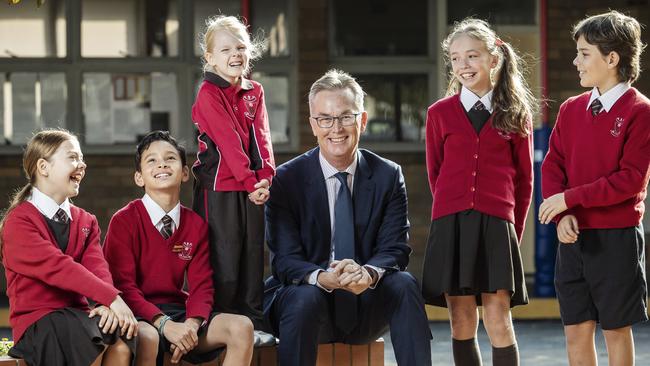
That review was headed by University of Western Australia emeritus professor Bill Louden.
It led to the 2019 NAPLAN results on the MySchool website having a stronger focus on student progress “in a way that is fair and easy to understand”, according to the organisation which runs the tests, the Australian Curriculum, Assessment and Reporting Authority.
It reduced “school versus school” comparisons ACARA chief executive David de Carvalho said.
“It is important to remember that NAPLAN only provides a snapshot in time of achievement levels in two of the seven general capabilities of the Australian curriculum,” Mr de Carvalho said.
“It does not measure overall school quality.”
Professor Louden found NAPLAN provides “important but incomplete information on school quality”.
He called for NAPLAN data to be published in “ways that reduce the likelihood that third-party NAPLAN-based school league tables will be produced”.
“In order to reduce the risk of misuse of NAPLAN data, clear guidance (should) be provided to schools, the public and students about the purposes and proper uses of NAPLAN and MySchool,” the review said.
Federal Education Minister Dan Tehan has said NAPLAN was essential in determining the progress and outcomes of schools.
As well as cancelling NAPLAN this year, the Education Council decided to delay the full rollout of online tests until 2022.
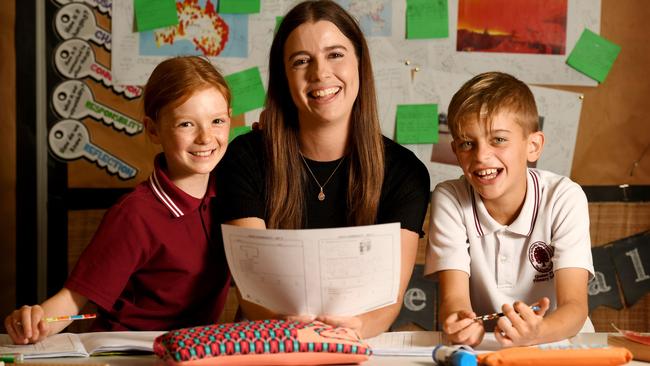
EDUCATION NOT REGURGITATION
Linden Park Primary School recorded the highest combined average NAPLAN results for years 3, 5 and 7 in South Australia but measures itself on a higher set of assessments than that snapshot in time.
Progress of each individual and development of students who have an inquiring mind are the targets it aims for, principal Deb O’Neill said.
“It’s important to develop skills of critical, creative thinking, of inquiring and problem solving,” she said.
“Problems that we will face in the future haven’t even been thought of yet.
“It’s important all of our students have the ability to respond to different scenarios, to be able to think through problems rather than just memorise knowledge.
“Knowledge is something they can acquire quite easily.”
Linden Park and the Education Department have a very strong focus on continual growth for every student.
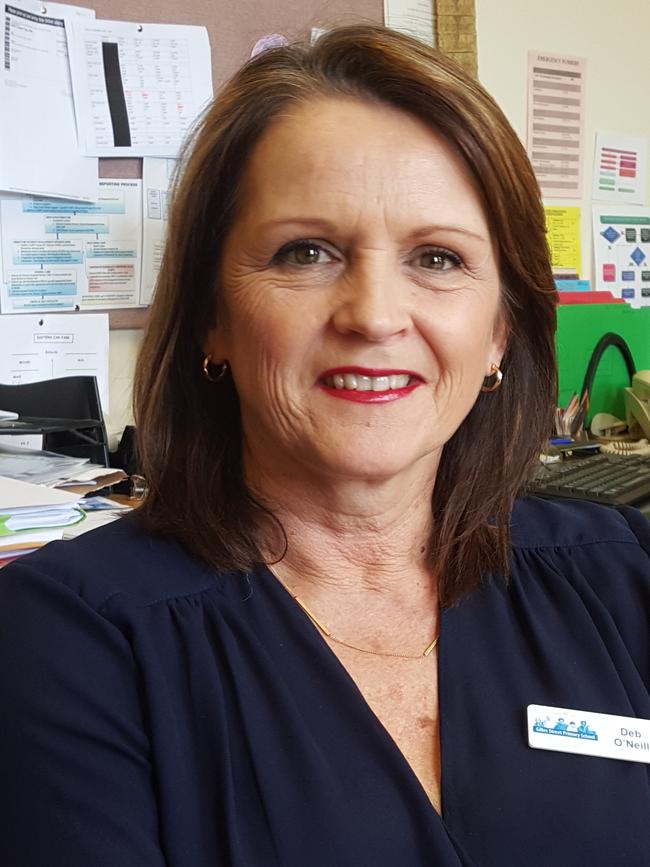
“We focus on identifying the growth points for every single child and make we provide a curriculum that’s differentiated for them,” she said.
“It’s very important that students are involved in the assessment of their own learning.
“They’re active participants.”
Year 5 teacher Kate Low said she loved building relationships with individual students and “encouraging them to be the best people they can be”.
“I try to create activities which are relevant and meaningful for them that match their interests and drive self-initiated inquiries,” she said.
“We want students to have transferable skills in creativity, communication, problem solving, collaboration – the skills we know they will need in their future.
“We measure that by doing lots and lots of checking in and giving the students very specific next steps.”
Ms O’Neill said being a big school created opportunities for specialist learning but the school also worked hard to create a feeling of belonging.
“We have a very diverse community and we acknowledge and celebrate the different cultures we have here,” she said.
The school can take up to a maximum of 960 students.
Once Year 7s move to high school in 2022, the school would create more classes at lower levels but retain the ceiling, she said.
